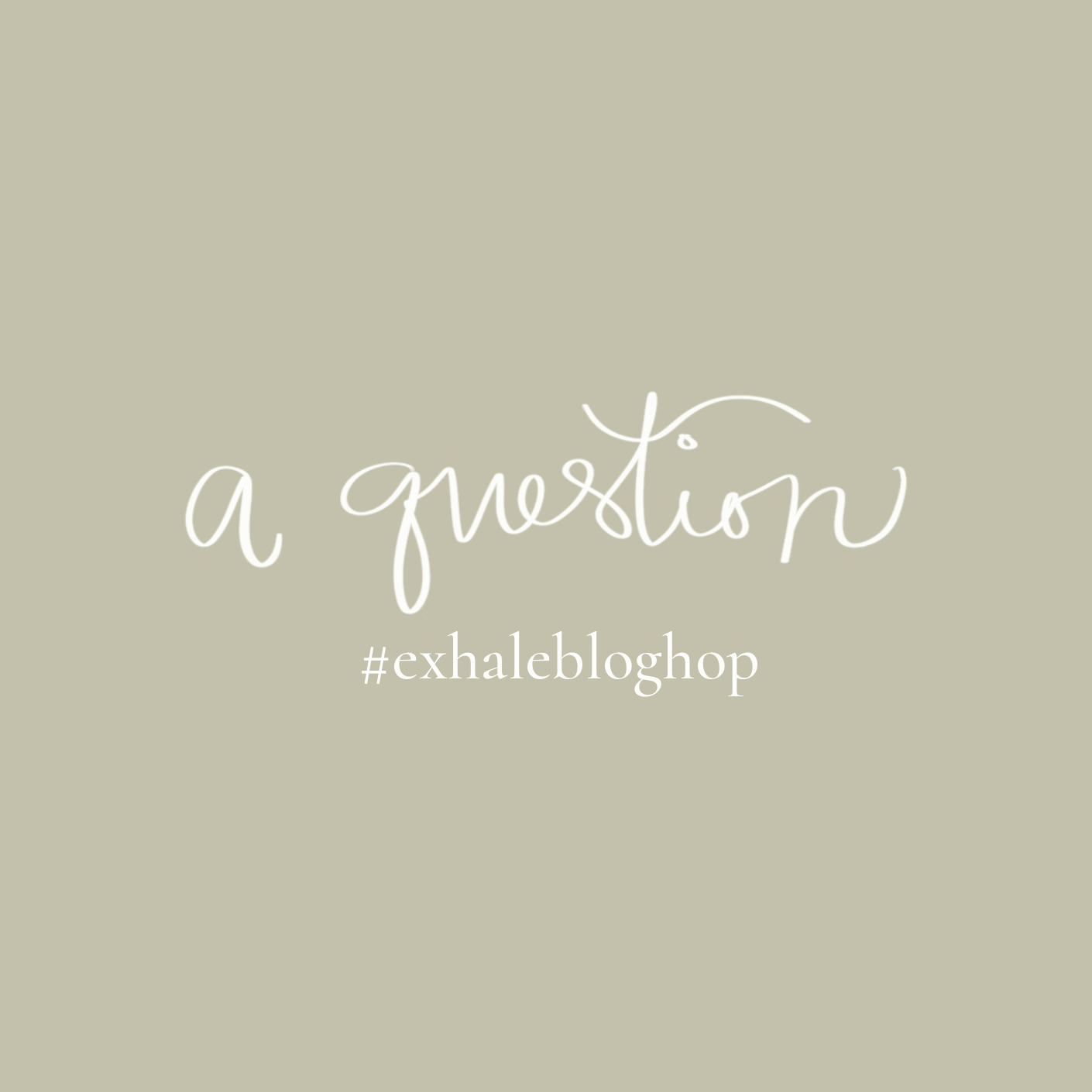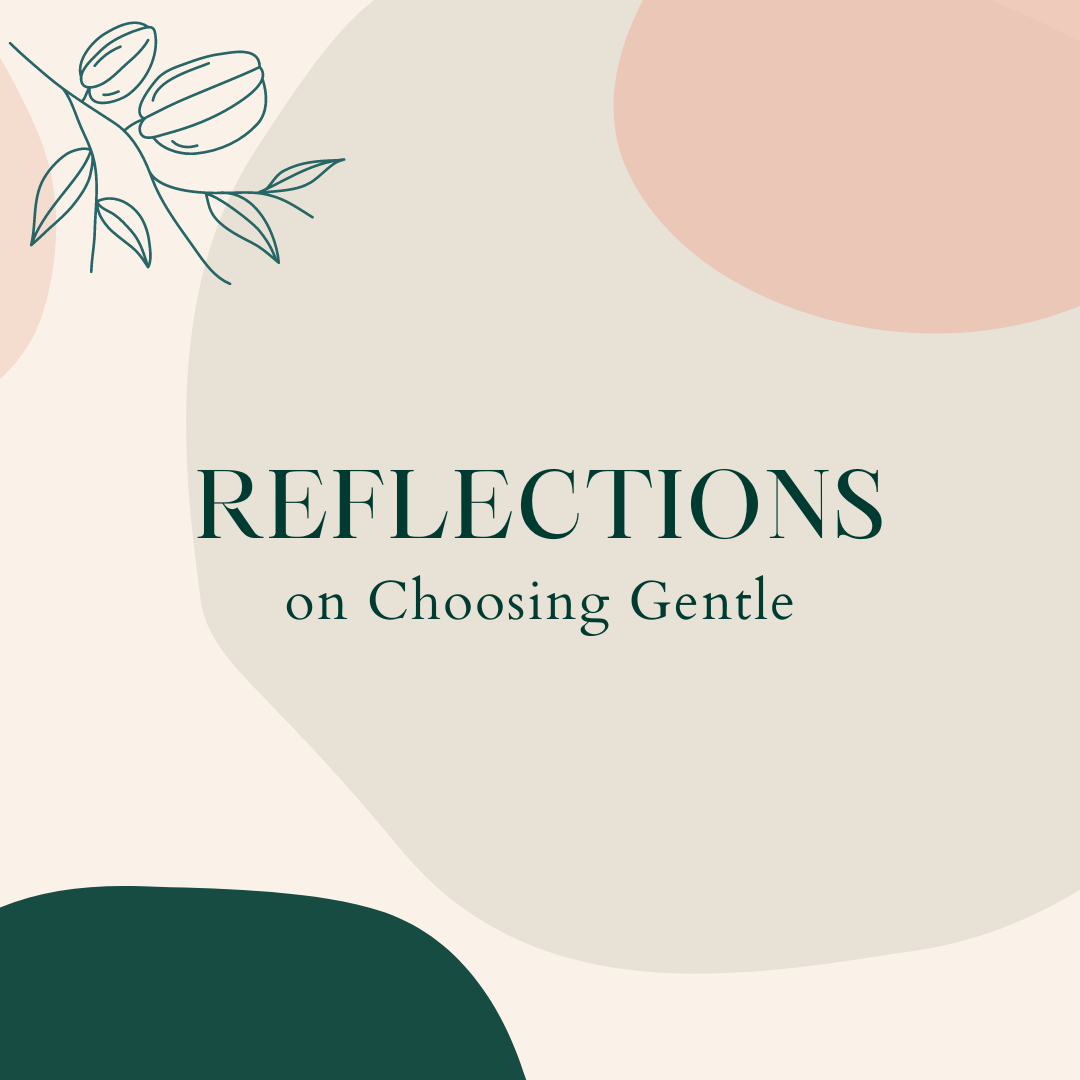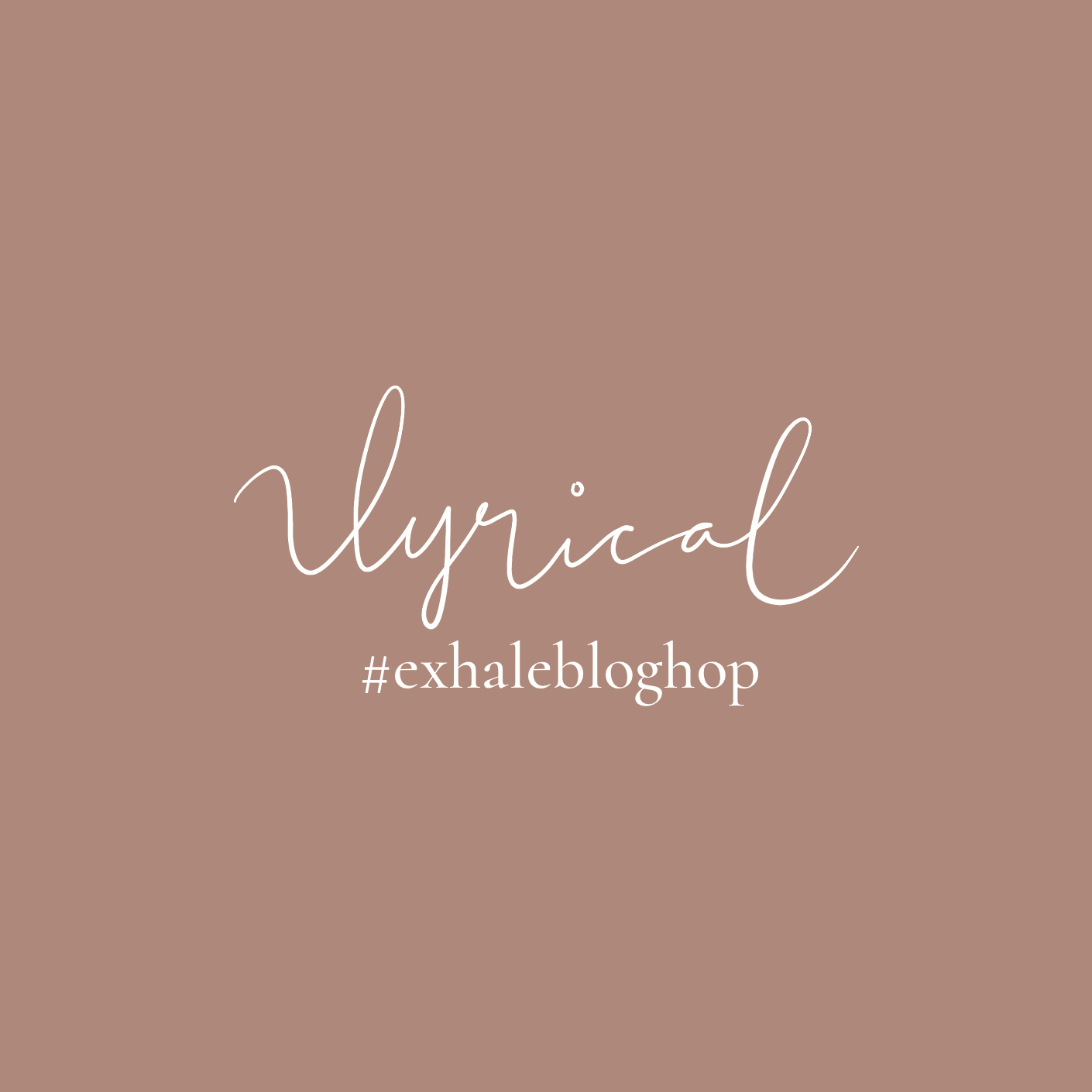Why I Write Anti-Affirmations
Because reassurance makes the onslaught worse. Because OCD cannot be reasoned with. Because irrational fears are built on a kernel of truth. Because what ifs cannot be disproved.
Because there’s a glitch in the good enough. Because reassurance makes the onslaught worse. Because everyone tells me I’m too hard on myself. Because praise amplifies my deep down fears. Because affirmations only beg the question what if my harsh inner critic isn’t being harsh enough? Because they may have missed a fault. Because a known fault is safer than a surprise mistake. Because OCD cannot be reasoned with. Because irrational fears are built on a kernel of truth. Because what ifs cannot be disproved. Because I tried talk therapy yet Poison still swirled behind my sternum, pulsed in my veins, white hot like shame. Because each bud of doubt branches into a new failure. Because ruminating and problem solving are not the same thing. Because neurodivergence (is that an identity I can claim? want to claim?) means techniques that work for others won’t work for me. Because atypical antidepressants bring slight relief to my atypical brain. Because logic is a losing game. Because surrender is the only way. Because exaggeration helps me regain control. Because my triggers are not going away. Because avoidance shrank my life. Because fear’s a dominatrix and not the sexy kind. Because allowing is better than fighting. Because trying to manage managed me. Because the only thing certain about a doubting disorder is that you can never be certain enough. Because OCD is not a cute quirk. Because perfectionism is a prison. Because I claim to value grace. Because I know my worth is not in my performance, output, or productivity. Because I will not waste my one wild and precious life acquiescing to a bitch like OCD. Because I’ve tasted the chance to be free.
***
For context, I’ve been sharing some of my “anti-affirmations” (ERP in OCD lingo) over the past year since I was diagnosed. My journal is filled with pages of phrases that say “I’m failing…” “I’m bad…” “I squandered…” “I wasted…” and though it sounds terribly depressing, just acknowledging my fears has brought more relief than I have ever known. It’s counter-intuitive, but somehow naming the fears stops the cycle of worry so I can move on with my day. I no longer need to figure out if I’ve failed, I can just be.
I am so grateful to have found a diagnosis and tools to break the OCD cycle. Before last year, I had no idea compulsions (in the obsessive-compulsive cycle) can be mental thought loops, not just physical actions like handwashing or cleaning. I had no idea I was engaging in mental compulsions that fueled my anxiety all. day. long. My compulsions look like checking, replaying, ruminating and trying to solve the unanswerable question, “Did I fail? Am I failing? Will I fail?”
If you can relate to any of this, here is an OCD test you can take. Remember, compulsions can be physical or mental and while germs and contamination is a common theme, your obsessions/fears can be about anything that you hold dear (doing something wrong, dying, worrying about your kids’ safety, etc.).
NOCD is a resource I’ve relied on a lot since been being diagnosed. They have an amazing app you can use on your own or with a therapist. I also love NOCD’s Instagram account for their relatable and easy to understand explanations of the OCD cycle and recovery process. I would also love to chat with you if you’d like! I am by no means an expert, but I can share what I’m learning on my own journey.
***
This post is part of a blog hop with Exhale—an online community of women pursuing creativity alongside motherhood, led by the writing team behind Coffee + Crumbs. Click here to view the next post in the series "A Question".
Reflections on Choosing Gentle
Choosing gentle is hard, but worth it. (Also, OCD sucks)
Trial: I want to choose gentle when my default is critical.
@revkrunsbeyondocd posted about Choosing Joy when her OCD is shouting that she doesn't deserve it.
She writes, "I often feel like "I'm the only one" who doesn't deserve joy unless I somehow prove that I meet some arbitrary line of moral perfection... I tend to hold myself to a complete different standard...For me, the biggest exposure is choosing joy."
I relate so much to the arbitrary rules. I feel like I'm not allowed to feel good about myself, my day, my life, unless I perfectly master a set of standards that are always changing and most often unattainable. I want to choose joy, but when I'm in the pit of self-loathing, joy feels too hard. Joy is too much to muster in many of the moments when I'm tired and overwhelmed and trying so hard to manage ALL THE THINGS.
But I can experiment with choosing gentle.
- Can I choose a gentle tone with my kids?
- A gentle tone with myself?
- Can I choose to react to the unexpected with gentleness and compassion? Can I even be gentle with my own anxiety and view it not as something to fix, but as just another emotion to move through?
***
Reflection: Choosing gentle is hard, but worth it. (Also, OCD sucks.)
My son nibbles on his toaster waffle then jumps up from his seat to skid a stray Magna Tile across the floor. He sets the waffle down, asks a question about gravity, flicks a crumb off the table, then asks if he can paint.
I want to yell, “No! We are getting ready for school! Sit down and keep eating!” And most mornings I do yell. And it works. He stops shuffling through the art drawer and takes another bite of waffle.
He also stops smiling.
For what? Maybe we get to school a minute earlier?
But at 7am when the coffee hasn’t kicked in and I haven’t eaten breakfast and I’m resentful that I could be writing or sleeping or working out instead cajoling this kid, a gentle tone may be too much to ask for.
The next morning I take a baby step towards gentle. I don’t yell at him, but I also don’t say anything. I am silent as he dawdles. I nod mmhmm as he asks another question about space travel or comes downstairs without his socks. I take a few breaths, trying to exhale the edge to my tone, “Aidan your socks,” I say as neutrally as possible. He playfully smacks his forehead and exclaims “Silly me!” (this has to be a mannerism learned from Blippi) and turns around to grab his socks.
The days I don't yell, we make it to school just as his teacher is closing the door to the classroom, the bell ringing out across the campus as parents clad in everything from business casual to slippers and pajamas whisper-scream to their tardy children.
“Mask, backpack, have a good day,” I say as I drop my son at the classroom I have never been inside because of Covid restrictions. Would I prefer my kid is not the last one to hang up his Paw Patrol backpack on the hook outside, that he’s not the last one to pull out his folder and find his desk next to Layla or Emorie? Of course. Is yelling more effective in the moment? Also yes.
I have to ask myself the question, “What do I want more?”
I want home to be a safe space. Where my son is not scared of getting yelled at or tiptoeing around my mood. Where relationship is valued over punctuality.
Choosing gentle with my kids is not easy to carry out, but it’s an easy goal to strive for.
Choosing gentle with myself is a harder choice for me to justify.
How can I be gentle with myself when I “fail” (or don’t meet the arbitrary, ridiculous standards I set for myself) and when I actually do fail to be the mom or wife or friend I want to be?
My kids are so quick to forgive when I mess up. “I’m sorry, I made a mistake,” I tell them and they move on. Why can’t I?
With each mistake, perceived or real, a seed of discontent, of shame is planted. I’m a bad mom. I can’t do anything right. Every choice I make is wrong. Always. These are cognitive distortions of my OCD–I know that now. But oh how it feels so true.
I have to ask the question again, “What do I want more?”
I want my mind to be a safe space. I want to model self-compassion. I want to model the ability to move on, to not let one mistake ruin my day.
My therapist asked, “What do you want your students to do or feel when they make a mistake?”
I want them to be able to face it and move on. It’s the same with my kids, or a friend. Why can’t I allow myself to move on? It feels like I don’t take my failures seriously enough unless I dwell on them constantly and feel bad for an extended period of time. Where does that come from? I believe in a God who forgives instantly, my kids forgive instantly–why can’t I?
This week I’ve learned that in order to choose gentle, I need to build up my tolerance for disappointing myself.
The recommended treatment for OCD is called Exposure and Response Prevention (ERP).
What that means to a non-psychologist is that the only way to break the OCD loop of shame I find myself in is to purposefully trigger that shame cycle (exposure) and refrain from my typical compulsions (response prevention). In OCD, compulsions are what feed the anxiety cycle. They are automatic actions that provide temporary relief, but ultimately tell my brain that my obsession or fear is real, deserves my time and attention, and is something I should worry about.
My typical compulsions (or the actions that I do automatically in response to this feeling of disappointment or shame) are mental compulsions. That means I’m not washing my hands or checking door locks. Instead, I am replaying and rewinding my mistakes, I am listing all the reasons I deserve to feel bad about myself, I am paralyzed and avoiding simple tasks, I am self-sabotaging by purposefully acting against my values because I feel so bad about myself anyway. Somehow it feels safer to feel shame about a thing I did on purpose versus the fear of being blindsided by a secret sin or mistake I haven’t thought of yet.
Here’s a recap:
Obsessions/trigger
- I failed in some way, disappointed myself or others
- I am overcome with a deep sense of shame (I am bad vs. I did something bad)
Compulsions
- Mentally replaying my mistakes
- Listing all of the mistakes I’ve ever made
- Trying to figure out how to stop making mistakes or pinpoint exactly why this mistake happened this time to prevent all future mistakes
- Purposefully making more “mistakes” or avoiding tasks so that I continue to feel bad about myself
OCD Treatment:
- Experience the thoughts (exposure), refrain from compulsions (response prevention), and move on with my day by coming back to the present moment.
A strategy I’ve learned to help with ERP is to say “Maybe, maybe not.” Maybe I failed. Maybe I didn’t. Either way, I am not going to spend my time figuring it out OR beating myself up.
This is so, so hard for me. It feels URGENT that I figure out what went wrong and how to prevent it. It feels IMPOSSIBLE not to spiral down into a loop of shame. It feels IRRESPONSIBLE not to berate myself for my shortcomings.
I am also learning that feelings aren’t facts. OCD’s greatest trick is to make the worry, the fear, feel real–physical anxiety symptoms are triggered: my heart pounds and my breath quickens, I feel a pit in my stomach, my jaw clenches. The physical response is real, but the danger is not real. I don’t actually have to figure out what went wrong. I’m not actually a terrible person or mom or teacher.
It feels even harder to resist these compulsions when I’ve made a real mistake: I’ve yelled at my kids or said the wrong thing in class or made a careless, critical comment to my husband.
Again, I ask myself, “What do I want more?”
Do I want to let OCD steer the ship or to move forward in self-compassion? To be trapped in my own mind replaying perceived mistakes or to be present with my kids, my work, my life?
In my quest to choose gentle, I first need to sit with discomfort. To tolerate my own failings.
Maybe I did something I wish I hadn’t.
I hurt someone’s feelings.
I wasted my time.
I can feel that very real (and sometimes valid) feeling of disappointment, AND I can refuse to take the bait.
So my next #expearymint is to practice sitting in the disappointment without seeking to solve it or wallow in it or ruminate on it. But to allow the disappointment and MOVE ON. Like I would want my students or kids to do.
Maybe I could take the same gentle approach with myself as I do with my kids. Maybe it’s too much to ask that the shame cycle doesn’t get triggered–that’s just the nature of my OCD brain. But I can practice a new response. I can pause, wait, take a beat before I engage. I can refuse to get in a shouting match with my OCD. I can respond calmly and neutrally.
Instead of “Aidan, your socks,” I can remind myself, “Aly, your thoughts.” And maybe one day, like Aidan and Blippi, I will be able to playfully smack my forehead, exclaim “Silly me” and move on.
I'll be the banks for your river
Maybe God’s not judging me. Maybe He’s okay with my ebbs and flows. Maybe He’s the banks to my river.
God used to speak to me. And I used to write about it on this blog.
I use the past tense here because lately I’m not so sure. I don't know how to be sure that it’s really God’s voice that I heard.
It's not that I believe I never heard from God or that I was wrong about it all. I’m just less...certain. More cautious. (16-year-old Aly would have been horrified by this “lukewarm Christian” talk and wishy washy faith).
I’m currently in treatment for Obsessive Compulsive Disorder and one of the themes of my obsessions and compulsions is Moral Scrupulosity.
“Scrupulosity is an OCD theme in which a person is overly concerned with the fear that they are doing something that goes against their religious beliefs or is immoral.”
Simply put, I have a deep and distressing fear that I am not living out my values. And I have developed compulsions to alleviate this fear. I have been convinced that I must find the right answer–the right action–in every situation and God will make this known to me through signs and certainty if only I pray hard enough, believe earnestly enough, and am faithful enough to figure it out. (Spoiler alert: this is not actually figure-out-able.)
I didn’t know this was part of a disorder until six months ago. To me, the anxiety and the fear and the worry and the rumination and the second-guessing was just my normal experience of faith. Or more accurately, an indictment on my failed faith.
So now I find myself asking the disturbing question, “Was it the voice of God or a mental disorder?”
Before recovery, I would have rushed to find this answer. I would have NEEDED this answer to be okay. I would have rejected all the good and beautiful and redemptive things I learned about God.
I am learning to live with uncertainty. To hold space for the messy.
I can believe God loves me and also be confused about how He chooses to speak or not speak.
I can embrace my belovedness even if I don’t know all the answers.
I can be bewildered by violence and war and racism and still believe that God is good and there is goodness inherent in all people.
What I cannot do is be certain that my faith or my politics are right. That my way is more holy. And conversely, I cannot be certain that the other side is wrong.
If God is as big and powerful and loving and grace-filled as I believe, won’t He* understand that I don’t understand? That prayer might be hard right now? That grief lingers in the corners of my recovery?
Needtobreathe** has a beautiful song called Banks. Some of my favorite lines go:
I wanna hold you close but never hold you back
Just like the banks to the river
And if you ever feel like you are not enough
I'm gonna break all your mirrors
I wanna be there when the darkness closes in
To make the truth a little clearer
I wanna hold you close but never hold you back
I'll be the banks for your river*
Maybe God’s not judging me. Maybe He’s okay with my ebbs and flows. Maybe He’s the banks to my river.
*you can see I’m still scared not to capitalize He for God ;)
**Don't worry, I haven’t backslid too much–Needtobreathe is a Christian band!).
***
This post is part of a blog hop with Exhale—an online community of women pursuing creativity alongside motherhood, led by the writing team behind Coffee + Crumbs. Click here to view the next post in the series "Lyrical".




